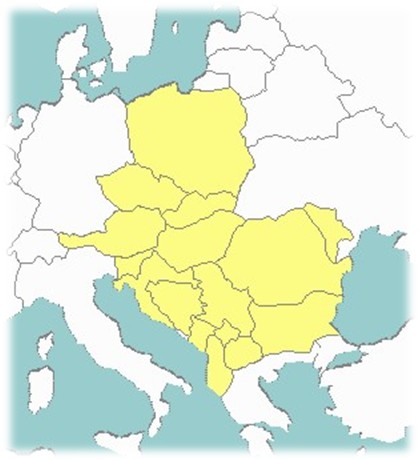









Budapest University of Technology and Economics, Hungary
Faculty of Mechanical Engineering
Department of Machine and Product Design
Assoc. Prof. PhD Eng. Tibor GODA
Short description, research and educational contributions
Faculty of Mechanical Engineering is one of the eight faculties (Architecture, Civil Engineering, Chemical Technology and Biotechnology, Electrical Engineering and Informatics, Mechanical Engineering, Transportation Engineering, Economic and Social Sciences, Natural Sciences) of Budapest University of Technology and Economics. The Faculty of Mechanical Engineering offers a wide range of qualifications through undergraduate, postgraduate, professional and research programs. The faculty has 4 accredited three-year Bachelorís degree courses, 6 two-year Masterís degree courses and 4 Doctoral degree courses. Additionally, the Faculty of Mechanical Engineering offers a 3.5-year undergraduate B.Sc. degree program and two-year graduate program (leading to an M.Sc. degree) in English. Individual postgraduate academic and research programs, which are usually completed in two to three years, are available for those who already have an M.Sc. degree and wish to pursue a Ph.D. degree.
The Department of Machine and Product Design (DMPD) is one of the ten departments of Faculty of Mechanical Engineering. The teaching and research activity of the department focuses on the following three fields of science of mechanical engineering: machine design, industrial product design, agricultural engineering. The DMPD has experience not only in national and international research projects but also in cooperation with large companies and research institutes.
In particular, the DMPD aims participating in the current CEEPUS project through investigation of the following research topics:
• Numerical modelling of friction mechanisms, wear and lubrication;
• Modelling of sliding and rolling friction of rubber/glass, rubber/metal, polymer/metal, polymer composite/metal and metal/metal sliding pairs;
• Numerical modelling of frictional heat generation and coupled thermo-mechanical problems;
• Mechanical behavior of polymers, rubbers, rubber-like materials and polymer composites;
• Modelling and characterization of surface roughness.


Copyright © 2012-2015, UCTM CEEPUS Tribology
Participating institution - partner






